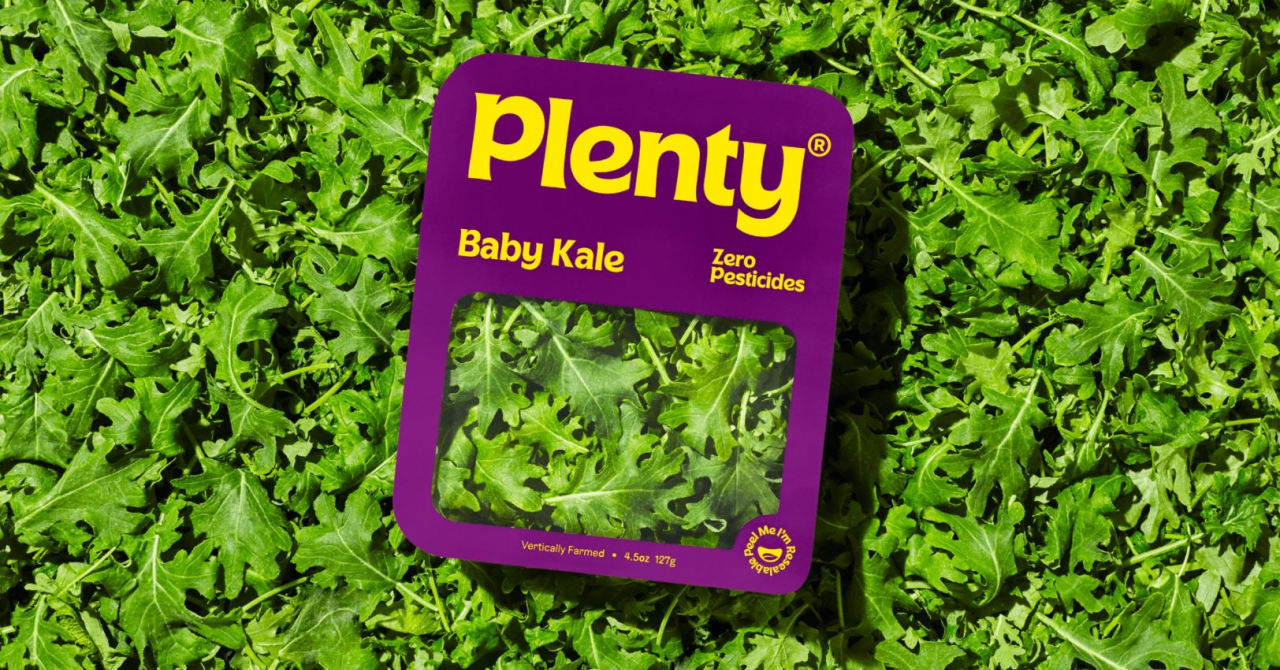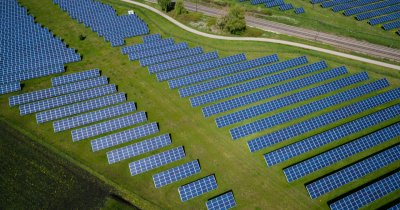The US giant did not disclose the size of the investment, but said a Walmart executive will join Plenty's board of directors. Walmart's investment is part of a $400 million funding round for Plenty led by One Madison Group and JS Capital, with participation from SoftBank Vision Fund, according to CNBC.com
Plenty's lettuce varieties, which include kale, arugula and spring mix, among others, are grown without pesticides. To date, Plenty has raised more than $900 million, sound which includes this latest investment. Plenty, based in San Francisco, is one of several start-ups involved in vertical farming. Its competitors include Bowery Farming, AeroFarms, PlantLab and BrightFarms. So far, lettuce and herbs have been the main crops grown indoors - but the companies are pursuing ways to grow more high-value produce.
Starting later this year, Walmart's 250 California stores will have leafy greens grown in a vertical farm in the South Los Angeles city of Compton. Some greens will be sold under Plenty brands, and others will be sold under Walmart's private label.
So far, all of Plenty's farms are in California, but the company plans to expand to the East Coast soon and start growing other types of plants, said Arama Kukutai, CEO of Plenty. He said Plenty expects to sell strawberries and tomatoes to customers next year.
Kukutai took the reins as CEO at Plenty this month after investing in the company through his food and agriculture technology fund, Finistere Ventures. Other previous investors include Eric Schmidt's Innovation Endeavors, Jeff Bezos' Bezos Expeditions fund and Driscoll's, a major grower of fresh berries, among others.
With the move, Walmart is entering a trendy area of food technology that brings fresh produce closer to customers' tables while limiting waste and promoting sustainability.
Food and agriculture startups have become an interesting area for investors during the pandemic, especially as people eat at home more often and retailers face supply chain challenges. Indoor agriculture has also become a potential solution to unpredictable weather patterns and natural disasters, such as the California wildfires fueled by climate change.
Vertical farming comes with several key benefits compared to traditional farms, according to a Morgan Stanley Research report on the future of food. Crops can grow faster and with higher yields because they rely on synthetic light sources instead of sunlight and are not subject to sudden changes in weather. Crops can also be grown without pesticides, which eliminates runoff that can harm wildlife and soil quality. And consumers typically see a longer shelf life for produce, as crops don't spend a lot of time in transport trucks and can't withstand temperature changes during transport.
 Florin Cașotă
Florin Cașotă












Any thoughts?